Are you LawnWise? Learn more about the harmful effects on our waterways caused by landscaping and lawn care maintenance activities and what you can do to be LawnWise to Protect Wisconsin’s Waterways!
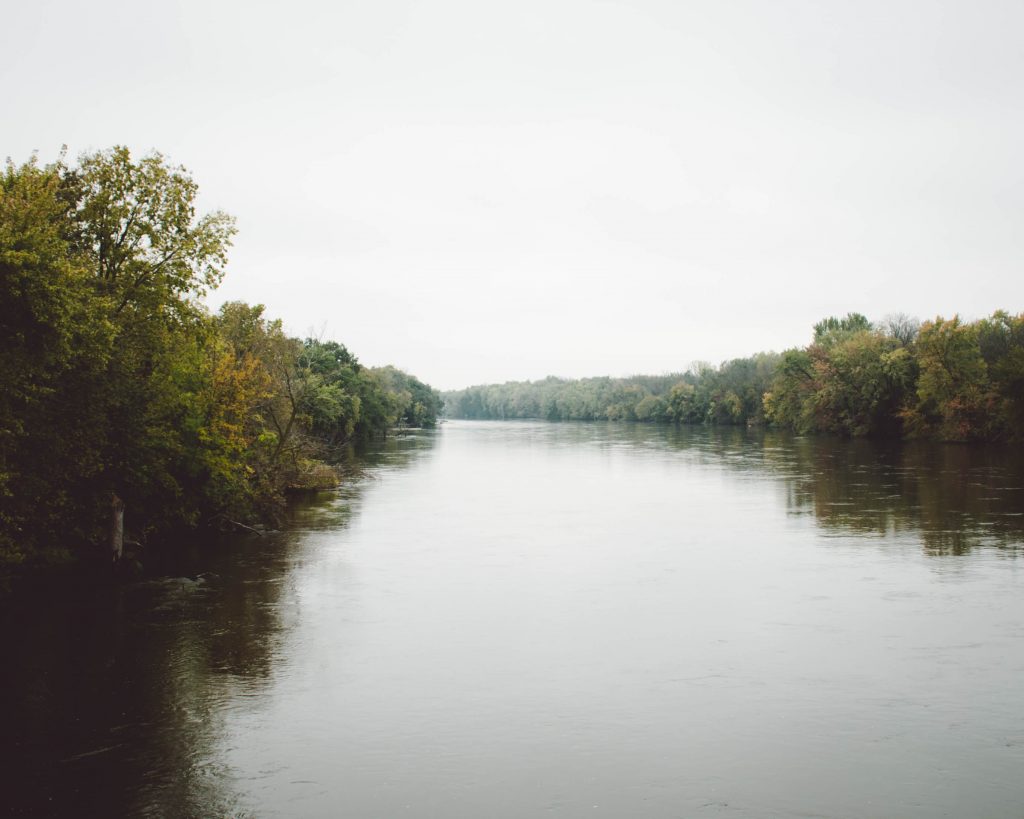
How is landscaping, lawn care, and gardening related to stormwater?
Common landscape management activities include vegetation removal, mowing, pesticide and fertilizer application, watering, and other gardening and lawn care activities. While these activities all help make our properties more attractive with lush green lawns, weed control typically involves a combination of chemical (herbicide) application and mechanical methods that can have negative effects on our waterways. Even mowing the grass can lead to harmful effects that pollute our waterways if we are not careful!
These lawn care and landscaping activities can contribute to stormwater pollution that flows from the storm drains on our streets directly into local waterways. So what are these harmful effects? Continue reading to be LawnWise and help Protect Wisconsin’s Waterways.
Harmful Effects of Lawn Care Maintenance Pollutants on Our Waterways
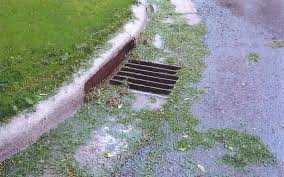
Grass & Leaves
Grass clippings and leaves can clog storm drains and lead to flooding of streets. When grass and leaves end up in waterways, it can increase the nitrogen level in the water, create algal blooms, and kill aquatic life.
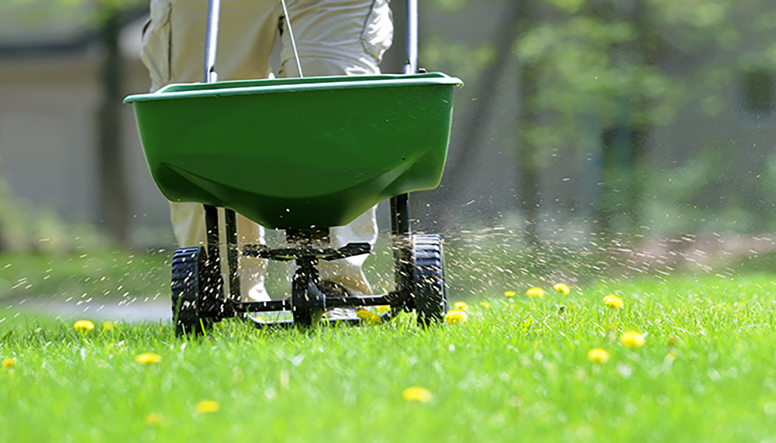
Fertilizers & Pesticides
Chemicals in fertilizers and pesticides can get washed down storm drains into waterways, creating a toxic environment that increases nutrient concentrations that deplete oxygen and create algal blooms.
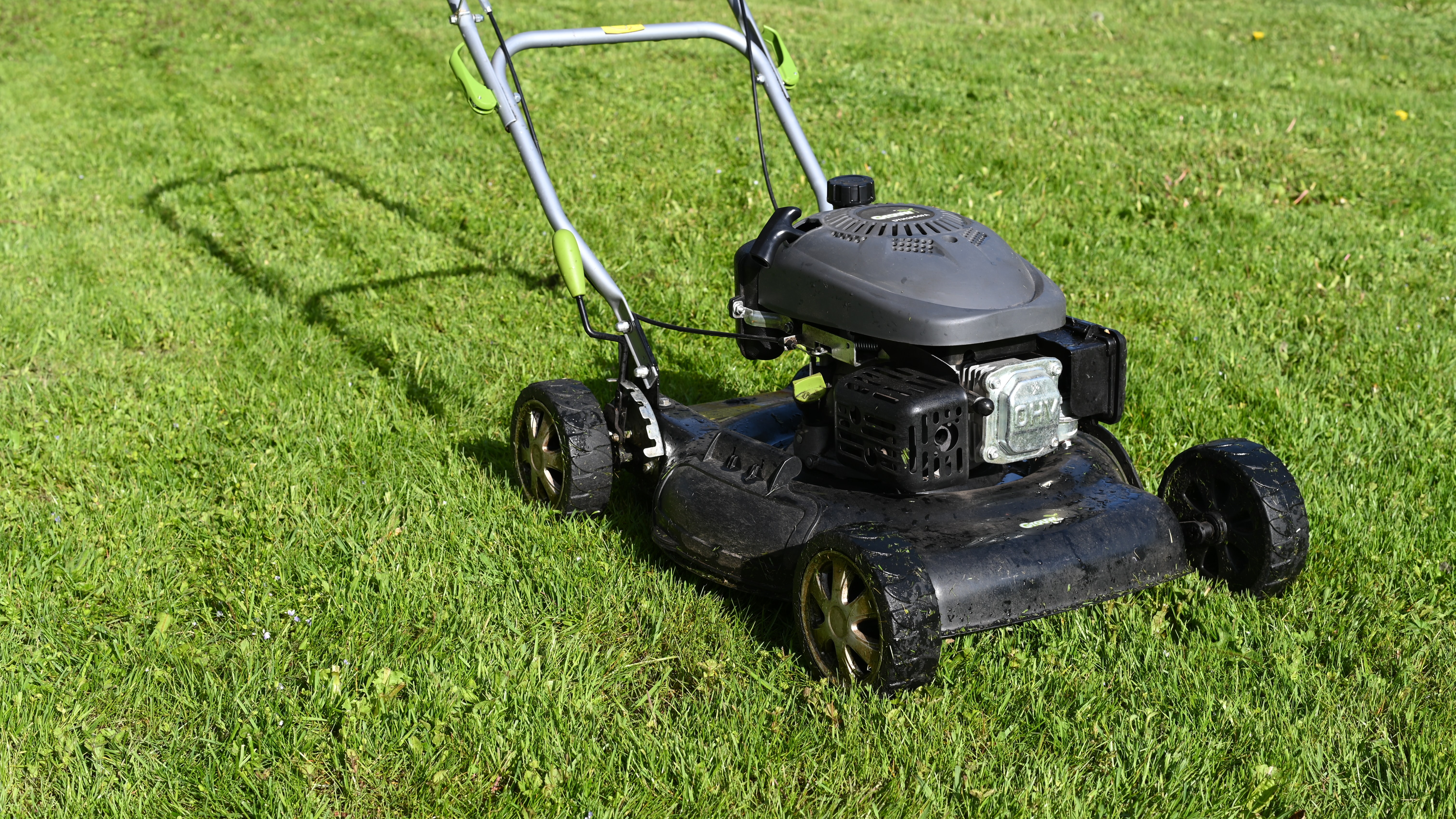
Gas, Oil, & Lubricants
Gas, oil, and lubricant can leak from poorly maintained lawn equipment. When it rains, these pollutants also get washed down the storm drain and into local waterways.
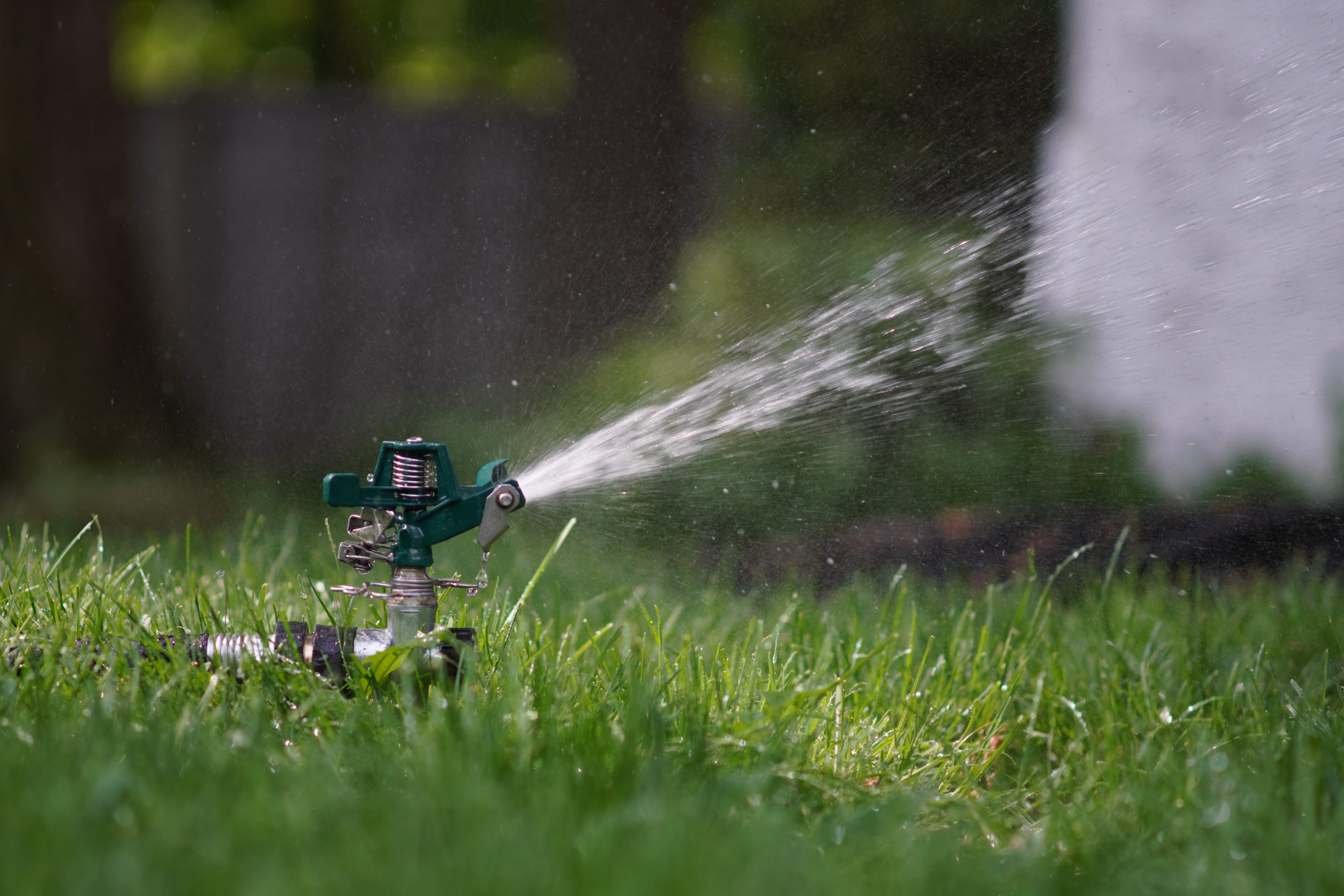
Excessive Watering
Excessive and/or misdirected watering of a lawn can lead to additional stormwater runoff. Plus, when it rains the stormwater may not be as likely to soak into the ground. This can lead to additional flooding around stormdrains, plus be more likely to carry grass clippings or other pollutants into the storm drains.
What are Best Management Practices for Homeowners & Lawn Care Companies?
If you are mowing lawns or applying fertilizers and pesticides either as a homeowner or lawn care company, follow these tips to prevent lawn debris like grass, leaves, fertilizers, and other pollutants from ending up in our local waterways.
- Keep grass clippings and leaves off streets, sidewalks, and driveways. Make sure to remove any clippings or leaves that end up on these surfaces using a blower or broom.
- Mow high and let it lie to leave grass clippings on the lawn for a natural fertilizer
- Calibrate equipment to spread the right amount of fertilizer
- Avoid applying fertilizers on streets, sidewalks, and driveways. Clean up any fertilizer that falls on these impervious surfaces.
- Properly store and dispose of fertilizers and pesticides. NEVER dump these down a storm drain.
- Look for and control soil erosion to minimize sediments that end up in storm drains and ultimately our waterways.
- Adjust sprinkler heads to only water lawn and plants, not sidewalks or pavement.
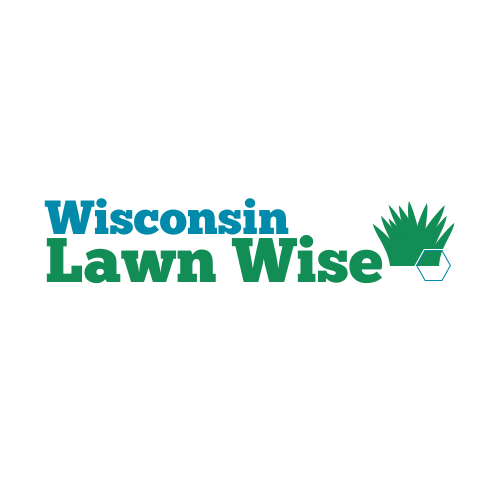
Are you LawnWise and have a best practice we missed or a success story on how you reduced lawn care pollutants?
Get in touch with Protect Wisconsin Waterways to share your experience and best practice tips with others!
